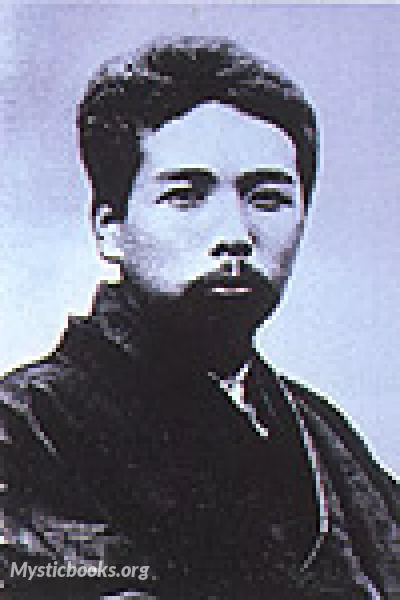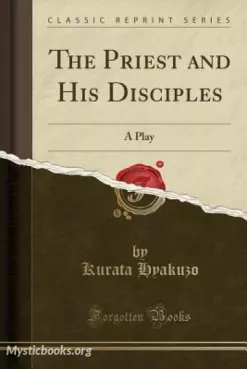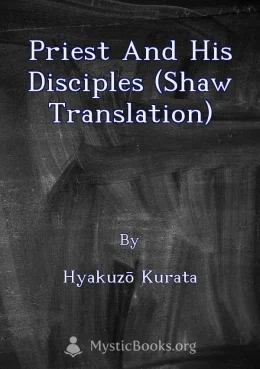
Timeline
Title
Country/Nationality
Hyakuzō Kurata
Hyakuzō Kurata was a Japanese essayist and playwright on religious subjects who was active during the Taishō and early Shōwa periods of Japan. He was born in Kyoto in 1891 and died in 1943. Kurata was a devout Buddhist and his work is infused with Buddhist themes. He is best known for his essays and plays, which explore the nature of faith, the search for meaning in life, and the relationship between humanity and the divine.
What were his principles?
Kurata's work is characterized by its simplicity, clarity, and honesty. He believed that true spirituality is not about following dogmatic rules or rituals, but about cultivating a deep understanding of oneself and one's place in the universe. He also believed that religion should be a source of comfort and solace, not a source of fear and guilt.
What was he famous for?
Kurata is best known for his essays and plays, which explore the nature of faith, the search for meaning in life, and the relationship between humanity and the divine. His essays are often personal and introspective, while his plays are more allegorical in nature.
What was his philosophy?
Kurata's philosophy was deeply influenced by Buddhism. He believed that the goal of life is to achieve enlightenment, or nirvana. Enlightenment is the state of perfect understanding and compassion, in which one is free from the cycle of suffering and rebirth. Kurata believed that everyone has the potential to achieve enlightenment, and that the best way to do so is to live a life of compassion and service to others.
Notable works of Hyakuzō Kurata
- Essays:
- "The Buddha's Teachings" (1923)
- "The Meaning of Life" (1925)
- "The Path to Enlightenment" (1927)
- Plays:
- "The Pilgrim" (1929)
- "The Search for Truth" (1932)
- "The Light of Buddha" (1934)
When did he die & how is he remembered?
Kurata died in 1943 at the age of 51. He is remembered as one of Japan's most important religious writers of the 20th century. His work continues to be read and studied by people around the world who are seeking to deepen their understanding of religion and spirituality.
Anything interested to know about the author?
Kurata was a lifelong pacifist and was opposed to Japan's militarism during the Taishō and Shōwa periods. He was also a vocal critic of the Japanese government's treatment of minorities. His work was often censored by the government, but he never wavered in his commitment to his beliefs.
Kurata is a fascinating and complex figure who made a significant contribution to Japanese religious thought. His work is as relevant today as it was when he was alive, and it continues to inspire people around the world who are seeking to live a life of meaning and purpose.
What are some of Hyakuzō Kurata's most famous quotes?
- "The true meaning of life is to find your purpose and give it your whole heart."
- "The only way to overcome suffering is to understand its cause."
- "The path to enlightenment is not easy, but it is worth the journey."
I hope this essay has given you a comprehensive overview of the life and work of Hyakuzō Kurata. He was a remarkable man who made a significant contribution to Japanese culture and thought. His work continues to be relevant today, and I encourage you to read more about him.
Books by Hyakuzō Kurata

The Priest and His Disciples
In the tranquil embrace of a secluded monastery, a revered priest and his disciples embark on a profound exploration of faith, the human condition, and the elusive nature of truth. Through a series of intimate dialogues and poignant encounters, they...

Priest and His Disciples (Shaw Translation)
This play, written by the maverick religious pilgrim Hyakuzō Kurata in 1916, explores the teachings of the 13th-century Buddhist priest Shinran, founder of the True Pure Land School (Jōdo Shinshū). The narrative centers on Shinran's encounter with th...